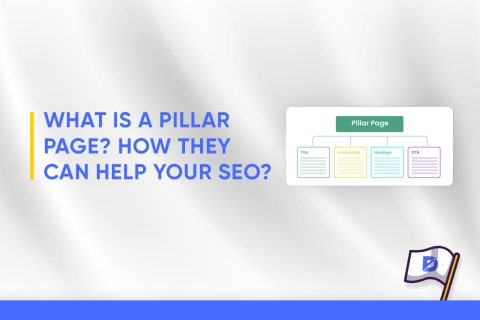The ‘Hreflang’ attribute is essential for websites targeting audiences in different languages or regions, helping search engines direct users to the most appropriate version of a page. However, a technical SEO error arises when ‘hreflang’ tags point to non-canonical URLs. This issue, known as the ‘Hreflang to non-canonical error,’ can cause significant confusion for search engines and may lead to incorrect or less optimal pages being displayed in international search results. Correcting this error is critical for ensuring the right content reaches the right audience.
Why is Hreflang to non-canonical Error Important for SEO?
Pointing ‘hreflang’ tags to non-canonical URLs can disrupt the clear communication of page relationships and priorities to search engines. This can result in search engines indexing and displaying non-optimal pages in their results, which can negatively affect user experience and site performance in international search contexts. It’s essential for the ‘hreflang’ tags to align with the canonical URLs to provide clear signals to search engines about the preferred versions of pages across different languages or regions.
How to Fix Hreflang to Non-Canonical Error?
To address this error, it’s important to review and ensure that all ‘hreflang’ tags on your website point to the canonical versions of the pages. This can involve auditing your website’s international SEO setup, using tools like Google Search Console or dedicated SEO auditing tools. Update any ‘hreflang’ tags that are linked to non-canonical URLs, ensuring they point to the correct canonical pages. Regularly monitoring and updating the ‘hreflang’ and canonical tags on your site will help maintain consistency and accuracy in your international SEO efforts.
Additionally, consider the alignment of your content with the targeted language and regional preferences of your audience. Beyond the technical aspects of ‘hreflang’ tags, it’s vital to ensure that the content on your pages is relevant and culturally appropriate for the regions you’re targeting. This could involve localizing images, currency, units of measure, and idiomatic expressions. Engaging with native speakers for content review can be beneficial. This approach not only improves user experience but also enhances the effectiveness of your SEO strategy by making your content more relatable and valuable to your international audience.





No comments to show.